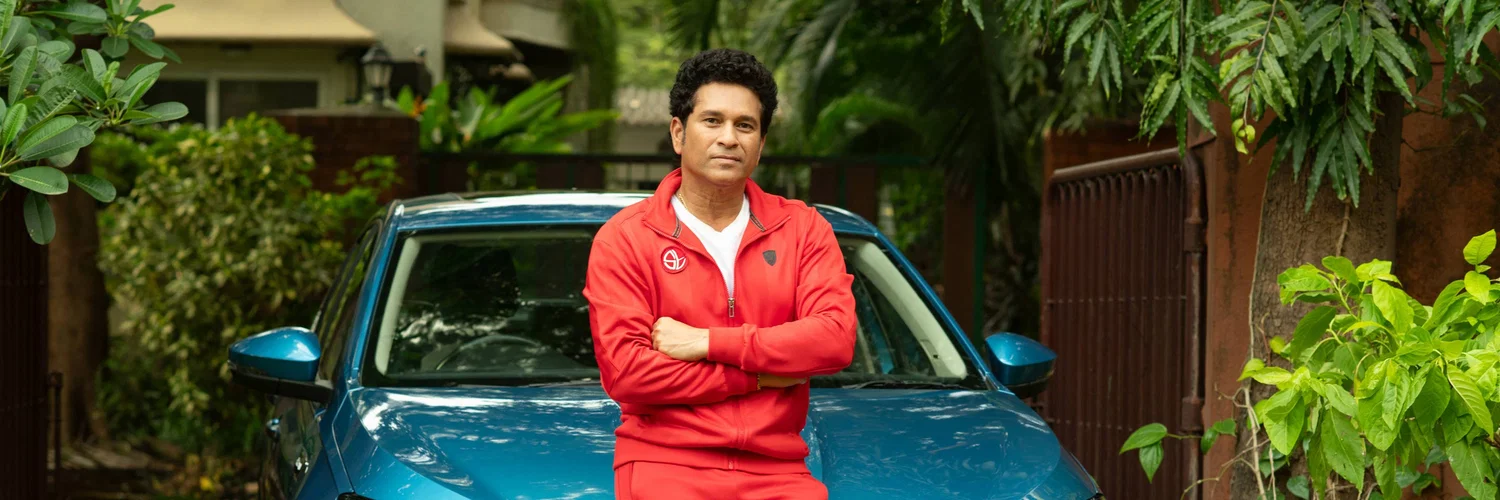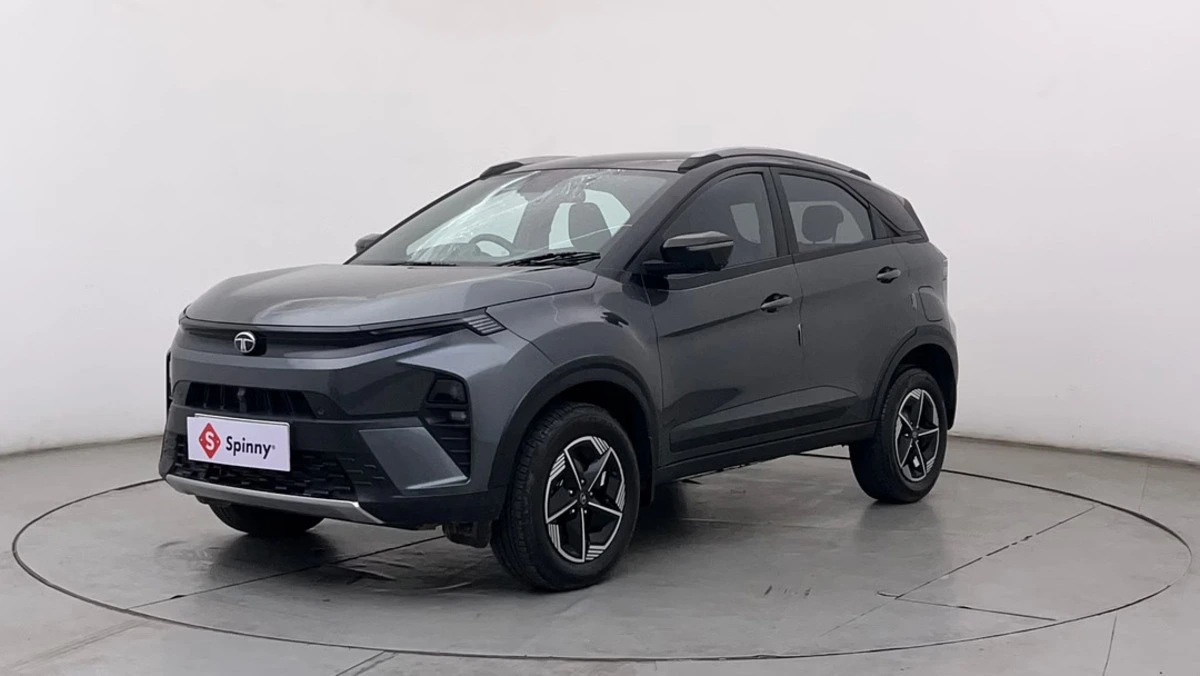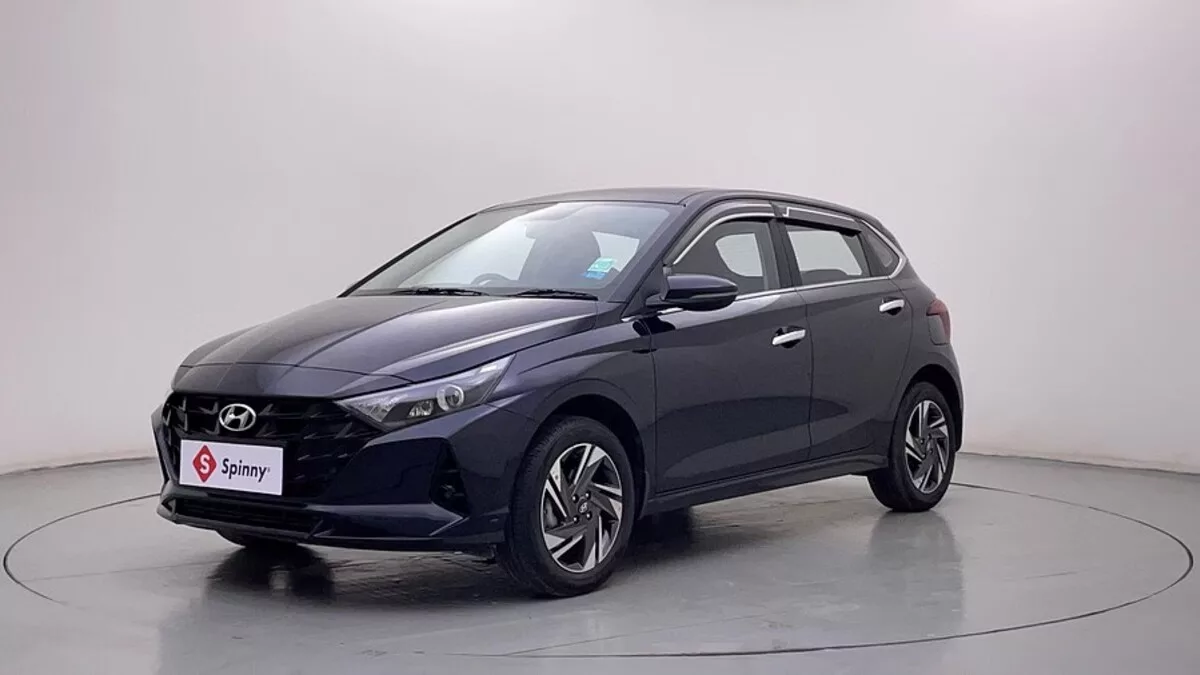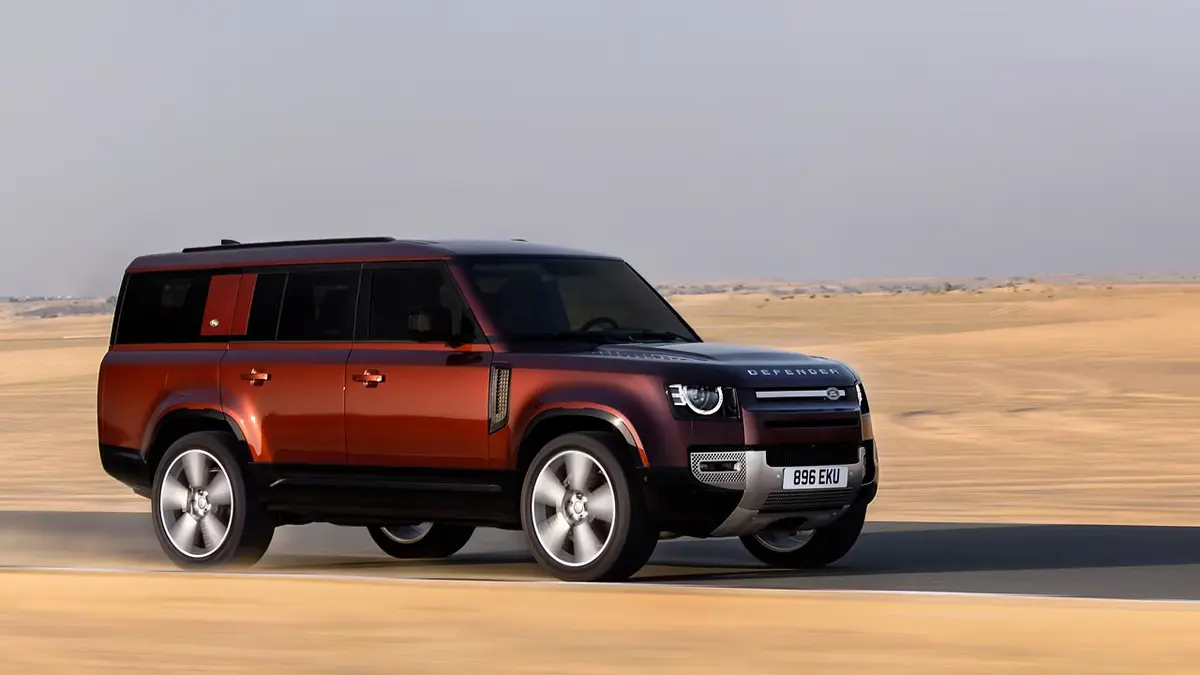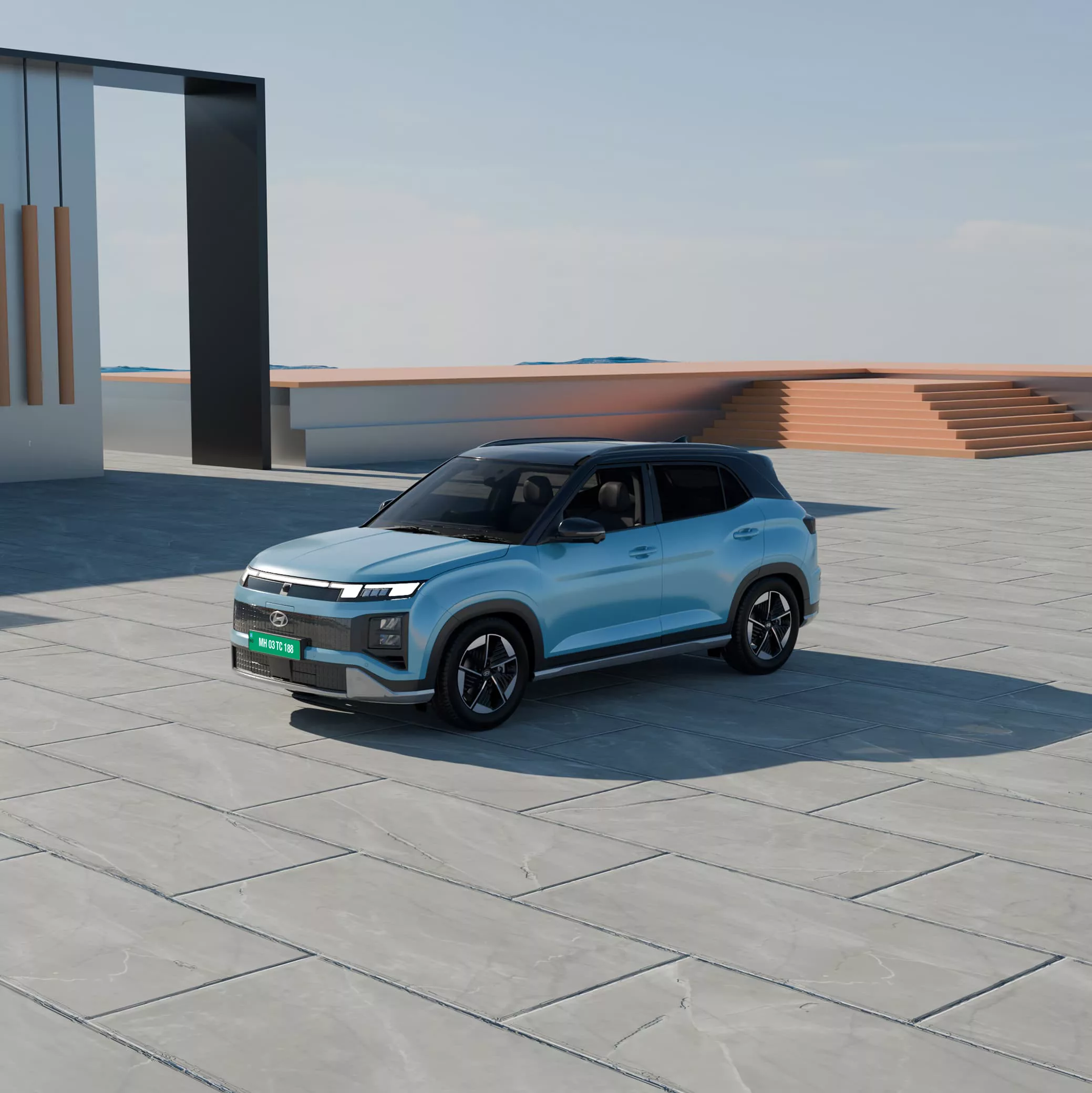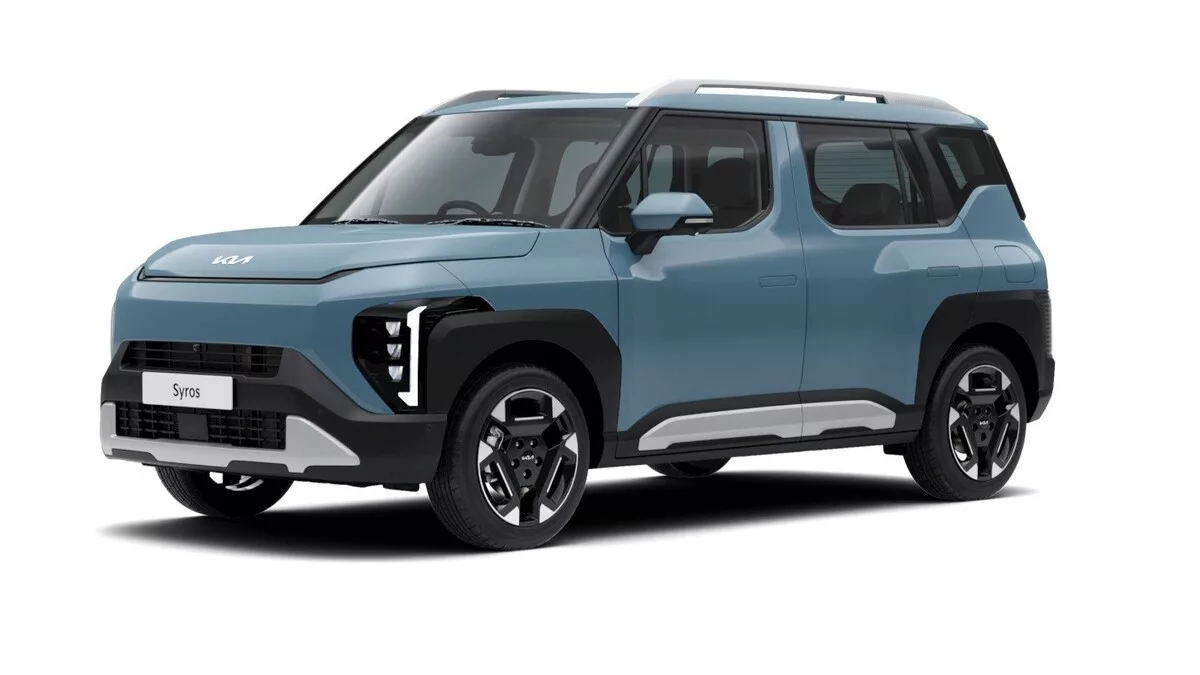The Hyundai i20 has had a fascinating run so far. Launched in 2008, the i20 introduced the premium hatchback segment in India and eventually yielded the introduction of rivals like Maruti Baleno and Tata Altroz. Moreover, it set higher standards for a premium experience and went on to become one of the most successful Hyundai cars. Such events and many more define the invincible legacy this Korean premium hatchback has built. While the i20 is still doing decent business, like all other hatchbacks, it is suffering the fast-expanding dominion of SUVs. Following the trend, many are replacing their hatchbacks with SUVs. If you are one such individual and looking to part ways with your i20, here are some tips that will help you get the best resale value.
Factors Affecting Hyundai i20 Resale Value
While resale value is a subjective matter, some key factors broadly determine the resale value of any car and the Hyundai i20 is no exception.
Condition
While examining any used car, the first thing every buyer does is inspect it closely inside out. Many times, just the visual appeal of a used car and the functionality of its components give away the ballpark of its resale value. In a bid to make their cars better looking, many individual sellers have their cars repainted before calling buyers to examine them.
We advise you to keep your i20 free of major scratches, dents, or any other blemishes. These visual faults can be a fly in the ointment, especially when it comes to fashionable cars like the i20. Also, ensure all the features of your i20 are working well because buyers usually check them immediately after getting into the car. Defective features or any blemishes are also telltale signs that the car has met with an accident in the past. This can be a deal breaker in many cases and if not, it can decrease the resale value of your car by a huge margin.
Odometer Reading
An odometer reading is one of the key details that is highlighted when it comes to selling a used car. Essentially, an odometer is a gauge which records every metre that the car covers in its lifetime and displays the total distance covered through the instrument cluster. The more a car is driven the lesser is its resale value. Moreover, as far as odometer reading is concerned, make sure you do not fall into the trap of odometer tampering as it can reduce the resale value and can also lead to a strong possibility that your used Hyundai i20 never gets sold.
Number of owners
The condition of a used car largely depends upon how and where it has been used. For example, a car mostly driven on rough roads is likely to be more worn than a car which is mostly used on highways. Moreover, everyone treats their car differently. While many treat their cars nicely and maintain them timely, many drive roughly or do not have enough time to take care of their cars. Therefore, the more times a car’s owner changes, the harder it becomes to know how and where it has been used. Consequently, the more the ownership changes the lesser the car’s resale value. Often, the first and second owners of a Hyundai i20 get a worthwhile resale value, while the resale value drops by a great margin when the third owner sells it.
Model popularity
The first-generation i20 was offered with either a petrol engine or a diesel engine and was replete with features. This was a combination that struck the fancy of the masses and set in the i20 phenomenon. Today, the hatchback is more than 16 years old for the early models and close to 10 years old for the later models of that generation. As a matter of fact, the later models of the first-generation command up to Rs. 3 lakh thanks to Hyundai’s reputation for reliability and the appealing overall package the Korean premium hatchback offered.
Building on the success of the first generation, Hyundai launched the second generation in 2014, naming it Elite i20. This was the model that made the Maruti engineer Baleno. In every way, the Elite i20 struck gold with an elongated feature list and revamped design. With demand still strong for the Hyundai Elite i20, you can expect to get good resale value for this generation of the i20.
Hyundai launched the third generation i20 in November 2020 which is currently on sale and was facelifted in 2023. Being the latest model, the third generation Hyundai i20 is certain to attract the best value as compared to earlier generations.
Age
Ageing is a merciless process and as it deteriorates the value of everything, how can cars be an exception? The fresher a car the more valuable it is. For example, a 2018 model Hyundai Elite i20 Asta has a resale value of around Rs. 5.50 lakh, while the same variant of the 2019 model can fetch around Rs 6.50 lakh.
Accidental Status
Nothing brings down a car’s value more than accidents even if the car is tough as nails. In a country like India, minor accidents are almost unavoidable, however, serious accidents can simply break down a deal. A Hyundai i20 with a serious accident in its history usually gets sold at 20 – 40 % lower price than that of its non-accidental condition. Moreover, it is harder to sell a Hyundai i20 that has suffered major accidents in the past and even if they do, the deals are settled at nominal prices.
Powertrains, Transmissions, and Features
Currently, the Hyundai i20 comes equipped with only a 1.2-litre naturally aspirated petrol engine mated to either a 5-speed manual gearbox or a CVT automatic. Hyundai also sells a sportier version i20 N Line in India and this one comes with the same 1-litre turbo petrol engine mated to either a 6-speed manual gearbox or 7-speed DCT automatic. This is the simplest the powertrains of the i20 have been since its launch as the hatchbacks have always been known to offer multiple engine-transmission combinations.
Before the 2023 facelift, the standard i20 would also come with a 1.5-litre diesel engine and a 1-litre turbo petrol engine which is now limited to the N-Line model. In its history, the Hyundai i20 has also featured a 1.4-litre U2 CRDi diesel engine and a 4-speed torque converter automatic transmission mated with a 1.4-litre petrol engine.
Hyundai has made many changes to i20’s powertrain offerings since its launch and all of them seem to have favoured this premium hatchback. Speaking of diesel engines, the 1.4-litre diesel engine was sporadically available in the i20’s line-up and since it is not in production anymore, an i20 equipped with this engine claims a lower resale value as compared to other models. The same is the case with the 1.5-litre diesel engine which was available from 2020 to 2023.
All the same, in regions like Delhi NCR the scrappage for diesel cars is 10 years and 15 years for petrol cars, and this makes diesel cars claim lower resale value as compared to their petrol-powered counterparts.
As far as transmission is concerned, the automatic transmission is costlier than the manual one, making an automatic Hyundai i20 more valuable than the manual models.
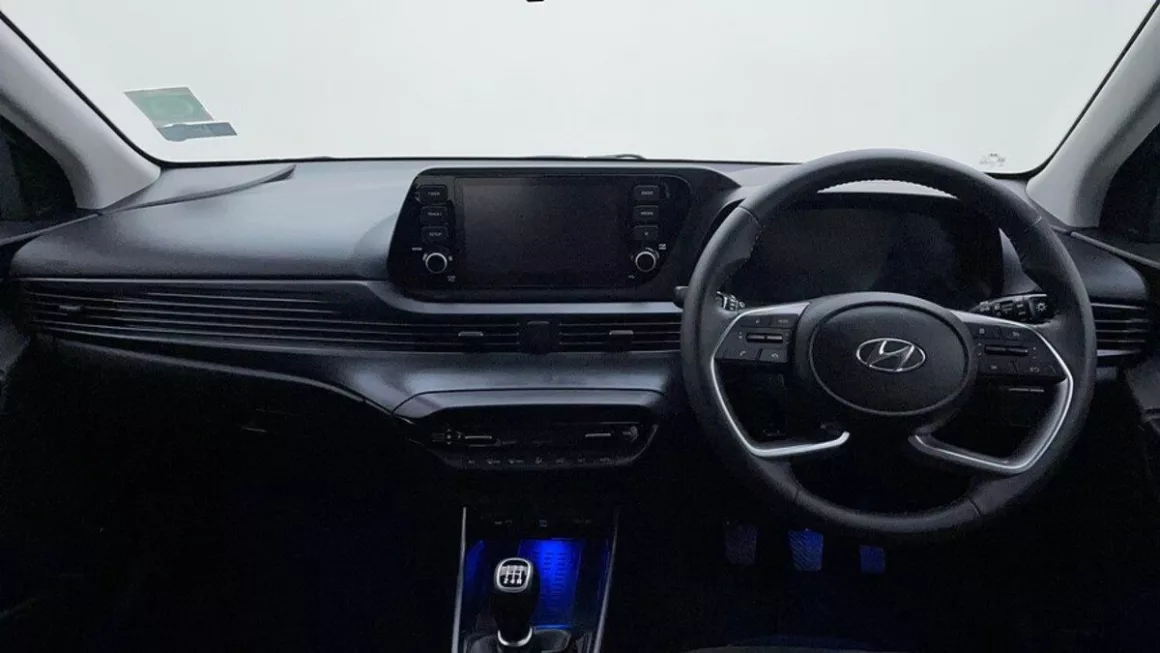
Now, one of the most important aspects of Hyundai cars, Features. The convenience of a car for the driver as well as the passengers largely depends upon the types of features available. While a good audio system entertains the passengers, features like steering mounted controls and steering adjust add a great deal of convenience for the driver. More features simply mean more resale value. As we speak of the Hyundai i20, the hatchback has always had an upper hand in terms of features. Even the first-generation Hyundai i20 features up to six airbags. With time, the Hyundai i20 kept on getting updated with more features, and today the premium hatchback sports a captivating package of upmarket features like a 10.25-inch touchscreen infotainment system, automatic climate control, 7-speaker Bose sound system, an air purifier, connected car tech, auto LED headlights, a sunroof and more. In terms of safety, the Hyundai i20 packs six airbags as standard, ABS with EBD, rear parking sensors, a reverse camera, and electronic stability control (ESC).
Expected Resale Value of Hyundai i20
While the resale value of a Hyundai i20 relies on several key factors which we have already explained, here is the list of the expected resale value of the Hyundai i20. Do remember, that these prices can vary concerning the vehicle’s overall condition.
Model Year | Fuel type | Resale Value |
First generation: 2008 - 2014 | Petrol | Up to Rs. 3 lakh |
Diesel | Up to Rs. 2.5 lakh | |
Second generation: 2014 - 2020 | Petrol | Up to Rs. 7 lakh |
Diesel | Up to Rs. 6.5 lakh | |
Third generation: 2020 onwards | Petrol | Up to Rs. 11 lakh |
Diesel | Up to Rs. 10 lakh |
Best Time to sell your Hyundai i20
Once a brand-new car leaves the showroom it loses 10% of its value and another 10% after one year. Then, with 10% cost depreciation every year, after 5 years the car is generally worth half of the original price paid for it. Thus, in a bid to fetch a good resale value for your Hyundai i20, try selling it within 5 years of its purchase.
FAQs
Does the Hyundai i20 have a good resale value?
As successful as the Hyundai i20 has been in the Indian market, it is one of the best cars to sell if you want to fetch a good resale value.
Do the engines of the Hyundai i20 deliver good performance?
Hyundai has been acclaimed for equipping their cars with some of the most refined and reliable engines in the market, and so is the case with the Hyundai i20. The powertrains of the Hyundai i20 never disappoint in terms of refinement and are immensely dependable.
What factors affect the resale value of a Hyundai i20?
The resale value of the Hyundai i20 is largely affected by its overall condition, odometer reading, age, model popularity, powertrain, and features.
What is the resale value of a 2019 model Hyundai i20?
The resale value of a 2019 model Hyundai i20 should fall between Rs 5 – 6.5 lakh for petrol-powered models and Rs 4.8 – 5.5 lakh for diesel-powered models. However, these prices vary depending on the condition of the car.
What are the most premium features of the Hyundai i20?
The most premium features of the Hyundai i20 include a 10.25-inch touchscreen infotainment system, an 8-speaker Bose sound system, automatic climate control, an air purifier, connected car tech, automatic LED headlights, and a sunroof.

